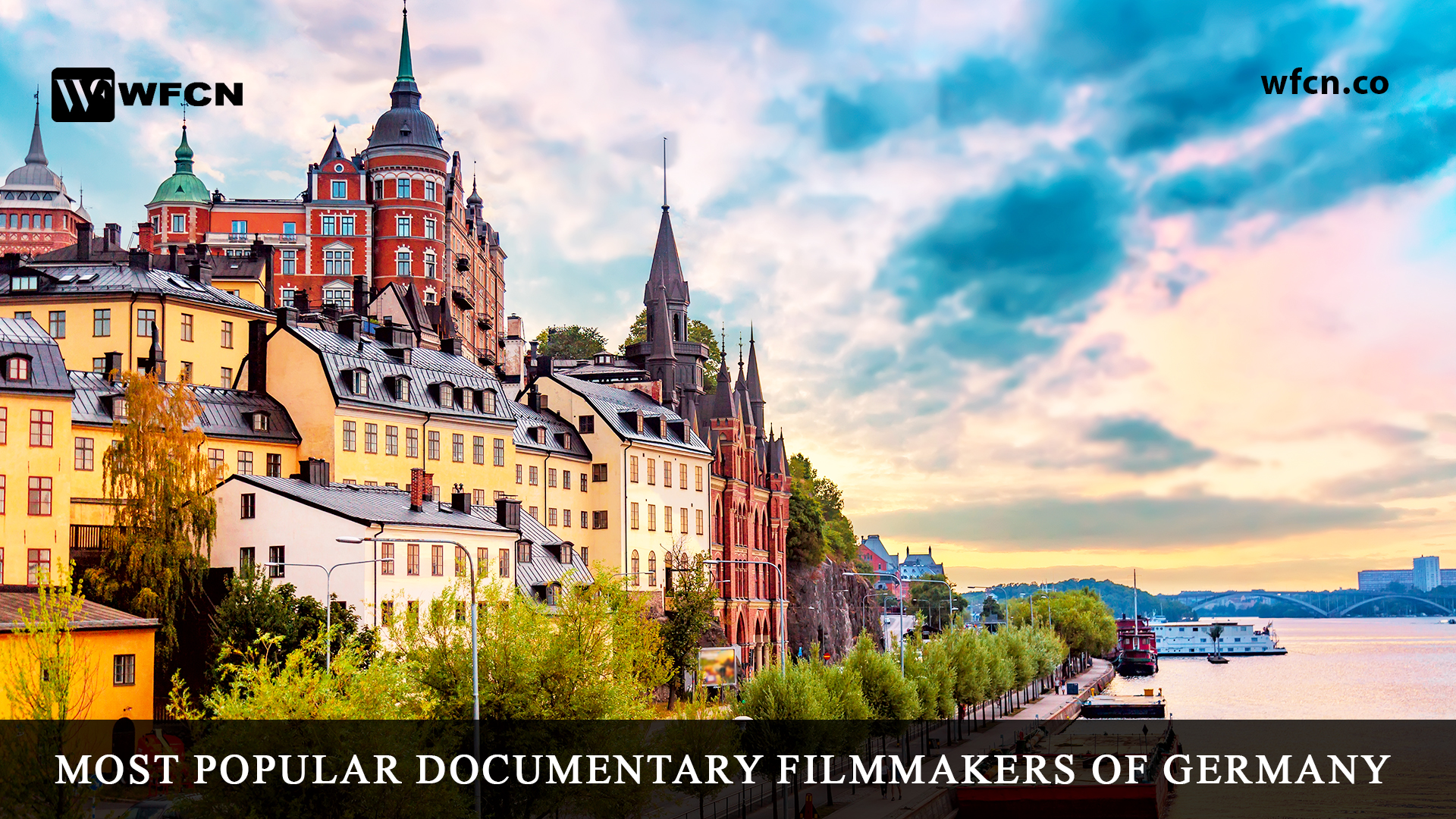Popular Documentary Filmmakers of Germany
Documentary filmmaking has emerged as a powerful medium for storytelling, providing a platform for filmmakers to explore real-life events, people, and social issues. The evolution of Documentary films in Germany has been a fascinating journey, reflecting the country's rich history, cultural diversity, and a commitment to truth and authenticity.
Early Years of German Documentary Filmmaking:
The roots of German documentary filmmaking can be traced back to the early 20th century, with pioneers like Walter Ruttmann and Dziga Vertov experimenting with the form. Ruttmann's Berlin: Symphony of a Metropolis (1927) is considered one of the earliest examples of a documentary exploring urban life, showcasing the vibrant energy of Berlin during the Weimar Republic.
However, it was during the post-World War II era that German documentary filmmaking truly began to flourish. The devastation of the war and the subsequent division of the country into East and West Germany provided filmmakers with a wealth of subjects to explore. The documentary form became a means of reckoning with the past, documenting the war's aftermath, and addressing the complexities of rebuilding a nation.
Maja Classen: Maja Classen (born December 28, 1974 in Heidelberg) is a German film director and screenwriter best known for her 2006 documentary Feiern on the Berlin techno culture. Her most famous documentaries are Feiern, Documentary film (2006), Osdorf, documentary film (2007) and 24 Hours Berlin, television documentary (2009).
Philip Gröning: Philip Gröning (born 7 April 1959 in Düsseldorf) is a German director, screenwriter, and documentary filmmaker. Gröning was raised in Germany and US, but also traveled extensively. He studied Medicine and Psychology before beginning in the cinema with some acting. In 1986 he began doing his own films. His first documentary was The Last Picture Taken. After 2005 he made his another documentary film is Into Great Silence.
Andrew Thorndike: Andrew Thorndike (August 30, 1909 – December 14, 1979) was a German documentary filmmaker. Between 1949 and 1977, he directed 16 films. Der Weg nach oben, his 1950 documentary, received Best Documentary Film at the Karlovy Vary International Film Festival in 1951.
Frank Papenbroock: Frank Papenbroock (born 1963) is a German Documentary Movie Maker, film director, and author. His documentaries span a wide range of issues, including culture and arts, history, science, religion, and reporting.
Monika Borgmann: He is a journalist, archivist, and award-winning documentary filmmaker of Germany. For four years, Borgmann worked on her documentary project about the perpetrators of the Sabra and Shatila massacres.
Cosima Dannoritzer: Cosima Dannoritzer (born May 22, 1965) is a German Documentary Filmmaker and Film Producer, specializing in science, technology, environment, and history. Her famous documentary is The Light Bulb Conspiracy (2010).
Dirk Wilutzky: He is a German film producer and director who were born in Herleshausen, West Germany, in 1965. At the 87th Academy Awards in 2015, he shared the Academy Award for Best Documentary Feature for the documentary film Citizenfour.
Anne-Kathrin Peitz: Anne-Kathrin Peitz (born 5 March 1972) is a documentary screenwriter, director, and producer from Germany. She mostly works on documentaries and television programs on classical music. Peitz's first foray into documentary creation was at the Staatsoper Stuttgart, where she was the production manager for The Singing City, a film documentary about the daily life of a German opera theater. In 2011, the film was awarded the Basler Filmpreis.
Thomas Heise: Thomas Heise is a Documentary Maker of Germany who was born on August 22, 1955 in East Berlin. In 2019, he directed the documentary film Barluschke (1998) and Vaterland (2003), which received the major prize at prestigious film festival.
Tamara Milosevic: Tamara Milosevic (born 1976) is a Documentary Cinema Maker of Germany. In Frankfurt am Main, Amara Milosevic was born. She enrolled at the Film Academy Baden-Wuerttemberg in 2000. She first studied animation but then shifted to documentary filmmaking, graduating in 2005. Milosevic received two honors for her documentary Wrong Time, Wrong Place, which was released the same year. The plot revolves around an unsolved murder in Germany. Tamara Milosevic also known for her documentaries El futuro del ayer (2008), Zur falschen Zeit am falschen Ort (2006), Cement (2003) and Ãœberall nur nicht hier (2009)
The journey of documentary filmmaking in Germany is a testament to the power of cinema as a tool for introspection, exploration, and social commentary. Also German Documentary Film Directors have gained international acclaim, with their works regularly featured at prestigious film festivals around the world. The Berlin International Film Festival, in particular, has been a significant platform for showcasing groundbreaking documentary films. From the early experiments of the 20th century to the innovative works of today, German Documentary Feature Film Makers have played a vital role in shaping the global landscape of non-fiction cinema. As the medium continues to evolve, it will be fascinating to see how German documentarianscontribute to the ongoing conversation about the human experience, both within the country and on the world stage.





